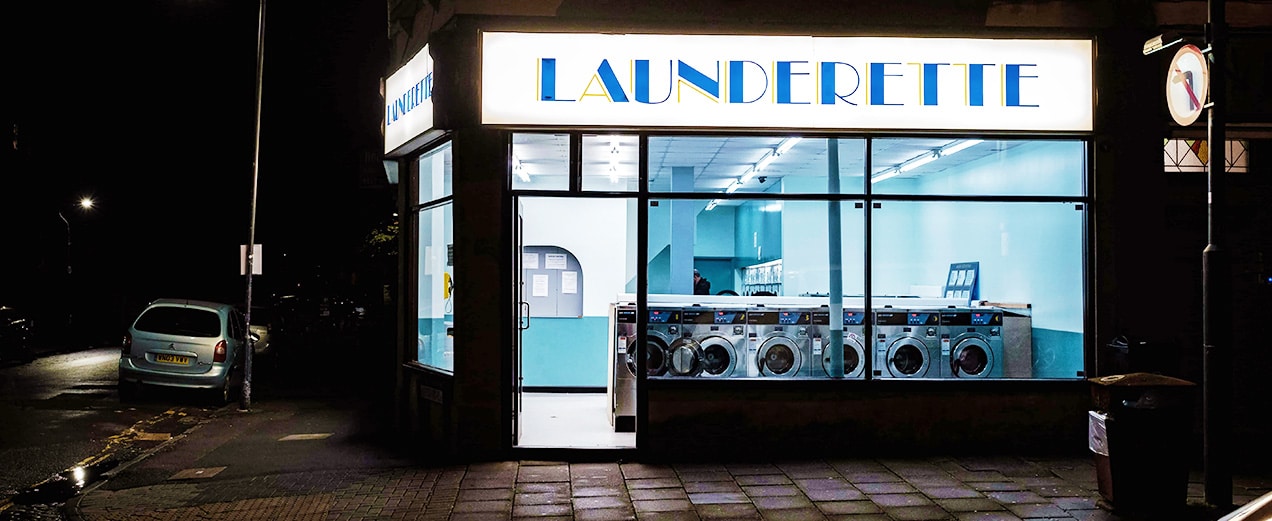Money Laundering
Project 2025, GOP crypto policy threaten US AML progress
• 0 minute read
January 17, 2025

Project 2025, the conservative policy tome, and the Republican platform promise to “end Democratsʼ unlawful and un-American crypto crackdown” are threatening efforts to tackle money laundering in the US, according to a leading academic.
The US is one of the easiest places in the world to launder money and legislators should be doing more to curtail it, said Jodi Vittori, professor of practice, and global politics and security concentration co-chair at Georgetown University.
Vittori called for a reinvigoration of the Corporate Transparency Act (CTA) by adding a public registry to it as well as passing the ENABLERS Act, which would expand suspicious transaction reporting obligations to a wider range of professional services firms including accountants, lawyers, public relations and third-party payment firms.
“Itʼs still remarkably easy to launder that money, particularly since the CTA, which ended anonymous shell companies, is held up by the Fifth Circuit Court. Itʼs currently in front of the Supreme Court, and we donʼt know whatʼs going to happen with it,” she told an audience at the Atlantic Council in Washington DC.
Free from surveillance and control
Project 2025 takes aim at the US Department of the Treasuryʼs Financial Crimes Enforcement Network (FinCEN), claiming it “does widespread and demonstrable harm”, and also seeks a repeal of the CTA and the beneficial ownership registration rules it enacts. The Republican platform, meanwhile, says it aims “to ensure every American has the right to self-custody of their digital assets, and transact free from government surveillance and control”.
Ending crypto trade surveillance was a big part of Project 2025 and the GOP platform, but would be a mistake, Vittori said, adding: “The reality is terrorist groups, smugglers, organised crime, kleptocrats, criminal gangs — everybody is using cryptocurrency. It has to be treated like a real currency and monitored in the same way, whether it is a real currency or just a pyramid scheme.”
Once the new administration is in place, financial crime specialists will find out whether anti-money laundering and counterterrorism finance (AML/CFT) regulations will be lifted or if these proposals were campaign promises that largely will not be fulfilled, she said.
Beneficial ownership a huge problem
The CTA, which came into force on January 1, 2024, requires companies to report beneficial ownership information (BOI) to Fincen. Since those reporting requirements were initiated, the CTA has faced challenges claiming it exceeds Congress’s power under the US Constitution’s Commerce Clause. Fincen suspended BOI reporting following a nationwide injunction in December 2024.
Not being able to determine the beneficial — that is, actual — owner of a company remains a major problem for global law enforcement and agencies tasked with stopping money laundering, sanctions evasion and other financial crimes, said Kimberly Donovan, director of the Economic Statecraft Initiative at the Atlantic Council’s GeoEconomics Center. For instance, UK Crown Dependencies, notorious for hiding assets in shell companies, have resisted implementing public beneficial ownership registers, said Donovan, a former chief of staff at Fincen during the Atlantic Council briefing.
She described such countries, which have citizenship by investment, as a “huge money laundering risk and issue”. Smaller organisations such as Fincen and across the intelligence community have had to dedicate massive amounts of resources into identifying beneficial owners and carrying out the forensic accounting to identify who owned what “because we now have a pause on collecting beneficial ownership within the US, and not all of these jurisdictions even collect that type of information”, Donovan added. “There are a lot of loopholes here that are broader AML/CFT concerns.”